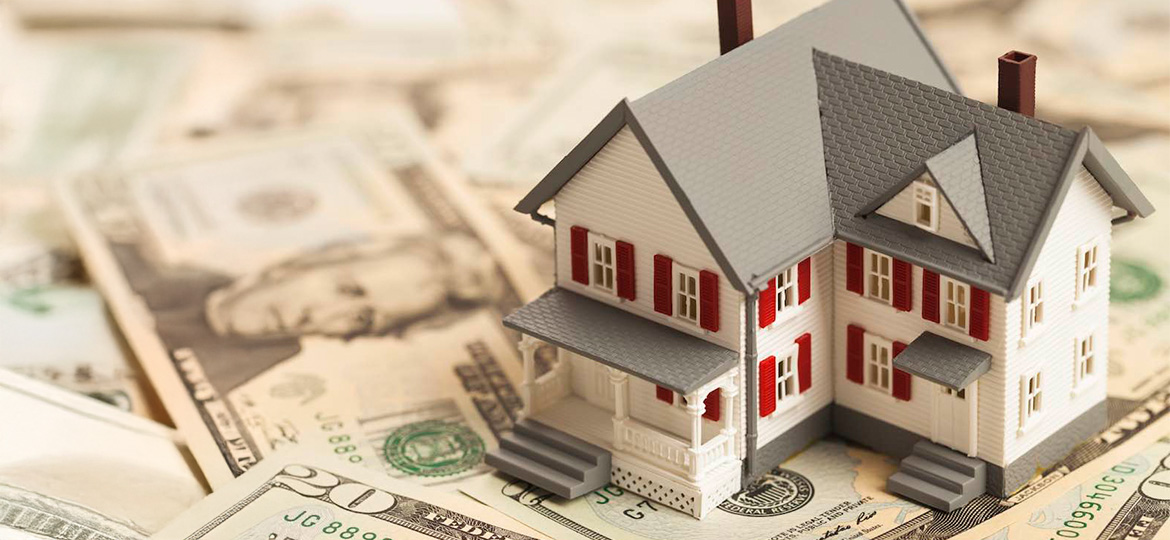The proposed changes to capital gains tax in Canada, scheduled to take effect on June 25, 2024, have not received official approval by the parliament. The resignation of Justin Trudeau as Prime Minister led to the prorogation of the Liberal Government, effectively halting all pending legislation, including the proposal to increase the inclusion rate of capital gains tax. This has led to confusion among taxpayers regarding their obligations for the upcoming tax season. But before we delve further, first let’s understand what Capital Gains tax is.
What is Capital Gains Tax?
Capital gains tax is implied upon the profits an individual earns from selling their asset, which has increased in value with time. This tax is not implied on the total amount received from a sale but only on the ‘profits’ incurred. Capital gains tax applies to various types of assets such as stocks, bonds, real estate, and other investments. The purpose of capital gains tax is to ‘tax the increase in value of an asset,’ so that its increased economic value is reflected, that in return provides revenue to the government.
What is the Legislative Framework for Taxation?
In Canada, the Constitution Act, 1867, and the Financial Administration Act establish that no tax can be imposed or public funds spent without the explicit consent of Parliament. This means that any changes to tax rates or the introduction of new taxes must be approved through legislation passed by Parliament.
Current Context
Despite not yet receiving legislative approval, the Canada Revenue Agency (CRA) began collecting capital gains taxes at the proposed higher rate starting from June 25, 2024, based on the announcement in the 2024 federal budget. It proposed raising the capital gains inclusion rate from 50% to 66.67% for any ‘gains’ exceeding $250,000. Following the recent dissolution of the government, Canada is facing uncertainty about whether this increase will be enacted into law or not.
Please note that this change was introduced to promote ‘tax fairness’! Hence, this change would have mostly affected high-net-worth individuals, corporations and trusts, business owners, and maybe people who have inherited high-value properties.
Possible Explanations for CRA’s Actions
- Statutory Authority: The CRA has ongoing authority to collect taxes as defined by existing legislation, which may allow it to proceed with collection based on previously announced changes even if those changes were not formally enacted.
- Administrative Flexibility: There’s a historical precedent for the CRA operating on proposed changes before they become law, but it’s a practice not based on legislation and thus not enforceable by law.
- Potential Executive Action: There is no indication that an executive order was issued; however, if the government had communicated its intention clearly enough, the CRA might have felt justified in proceeding with collecting taxes.
What Does it Mean for the Future?
The Conservative Party has promised to reverse the proposed capital gains tax changes, if elected, leaving taxpayers in a dilemma. Further, Pierre Poilievre, the leader of the Conservative Party, has criticized the tax increase as detrimental to employment and economic stability. He stated that due to this, Canada would lose 414,000 jobs in the following year if not stopped now!
As the capital gains tax changes fall into a limbo, the CRA indicates that it is going to continue following the precedent and enforce the changes as per the proposal submitted by the Liberals. These changes were anticipated to generate an annual revenue of $19.4 billion, which was earmarked to fund various initiatives in the federal spending plan. However, if these changes are reversed, this could significantly impact the federal budget by reducing the expected revenue, thereby increasing the need to identify new sources of revenue.
What does it mean for tax filing?
Therefore, it can be concluded that, after the upcoming election, whichever party forms a government in the Parliament, if the bill for an increased inclusion tax rate on Capital Gains does not pass in the House of Commons, then the CRA will have no other option than to scrape the entire process. The timeline of this is uncertain right now, and in the meantime, if you are gaining profits from investments or selling your business or family property, then you would have to keep paying tax at the higher rate. If the new government will discard the proposal then, you would be able to apply for a refund.
How can Our Real Estate Lawyers help you?
Our Real Estate lawyers have been trained to stay on top of any legal trends and changes. We are always aware of what is going on in the legal space of Canada. Our experience is something that our clients are able to count on for their success. We provide crucial guidance and strategic planning to navigate the complexities of real estate transactions and tax implications. Trust our team to safeguard your interests and maximize your financial outcomes in uncertain times like these. Call us at 905-405-0199 to know more!
Read Legal Disclaimer: https://www.demo-sites.co.in/legal-disclaimer/










